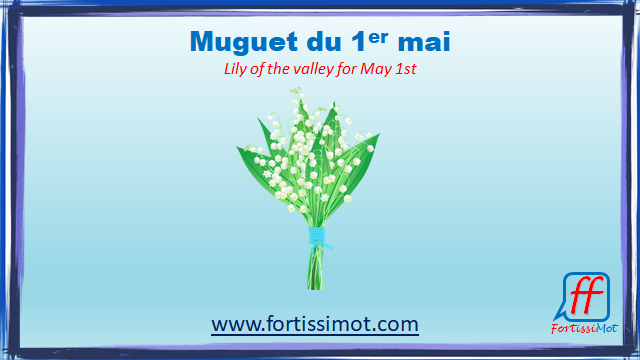A word can have different meanings. This is the case with the word “urne” in French. It can be the ancient urn, the funeral urn, or the ballot box. For the next elections, put your ballot in the right place!
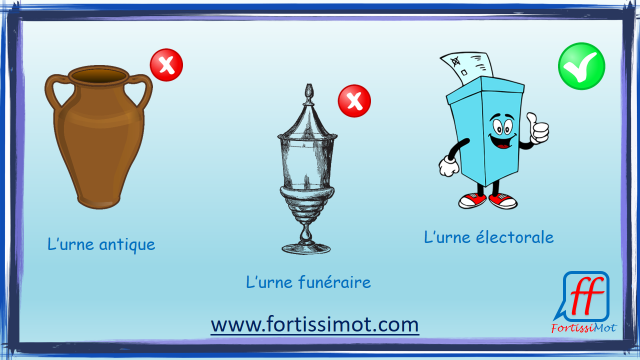
A word can have different meanings. This is the case with the word “urne” in French. It can be the ancient urn, the funeral urn, or the ballot box. For the next elections, put your ballot in the right place!

Ending a formal letter can sometimes be challenging. For a formal first contact, consider using this widely accepted (if somewhat interminable) closing formula:

In legal language, synonyms are almost nonexistent because legal concepts must not be imprecise. Words can have similar yet distinct meanings. Here are a few examples.
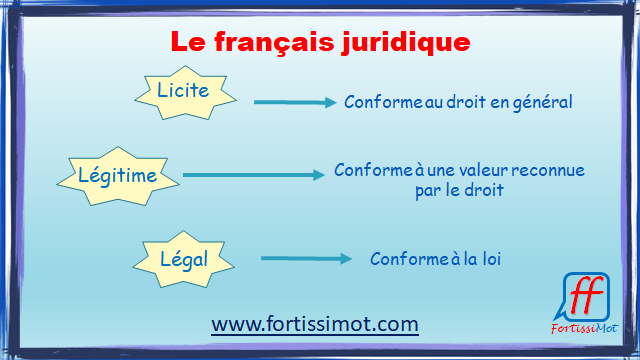
The 2024 Paris Olympics will introduce 4 new disciplines: surfing, sport climbing, breakdancing, and skateboarding.
Let’s take this opportunity to brush up on your sports vocabulary. You’ll then be ready to watch the games live and in French this summer.

We have two verbs to express knowledge : “connaître” and “savoir”.
On a semantic level, ‘connaître’ entails having awareness of the existence of something, being able to identify it, and regarding it as real; whereas ‘savoir’ involves possessing a comprehensive understanding of something derived from learning, encompassing a collection of ideas and images constituting knowledge about the subject matter.
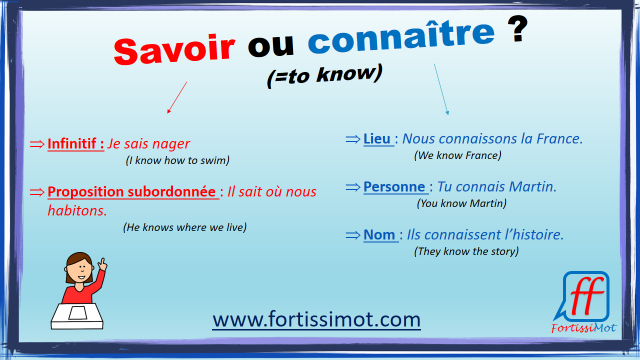
Not only does the French language have masculine and feminine articles, but the same noun can sometimes be used with both articles, each with distinct meanings. Here are a few examples:
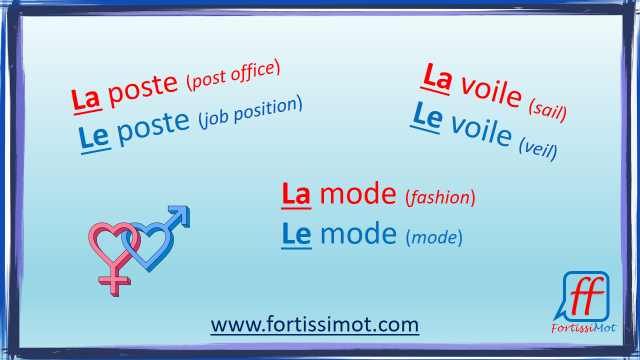
On May 1st in France, it’s customary to share lily of the valley as a symbol of goodwill. Here’s a sprig for you, wishing everyone a wonderful day!
